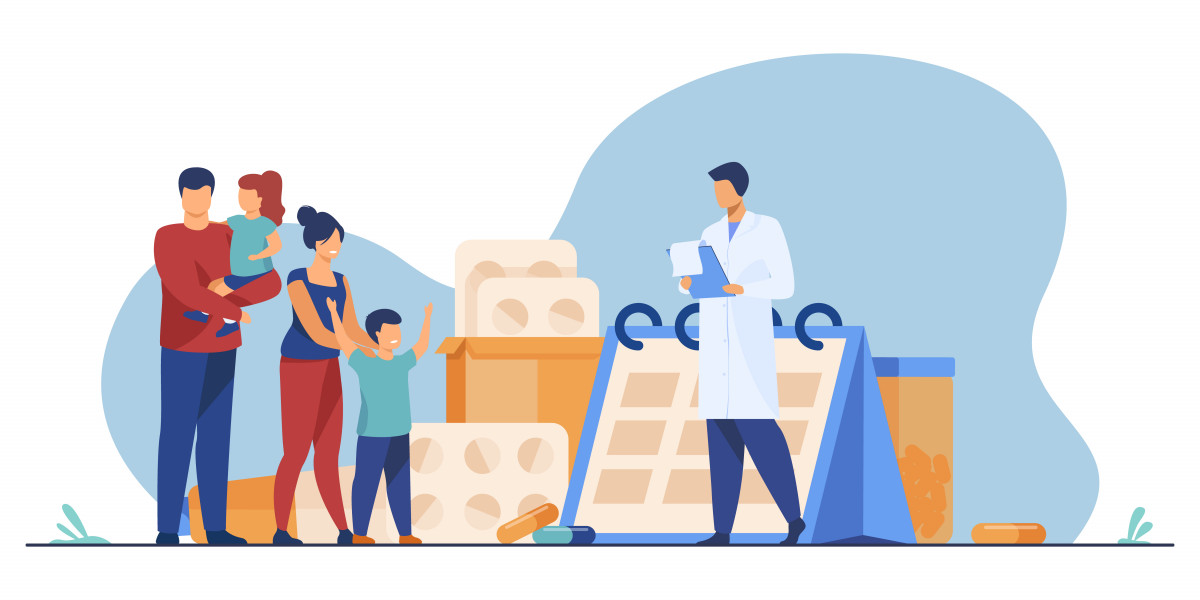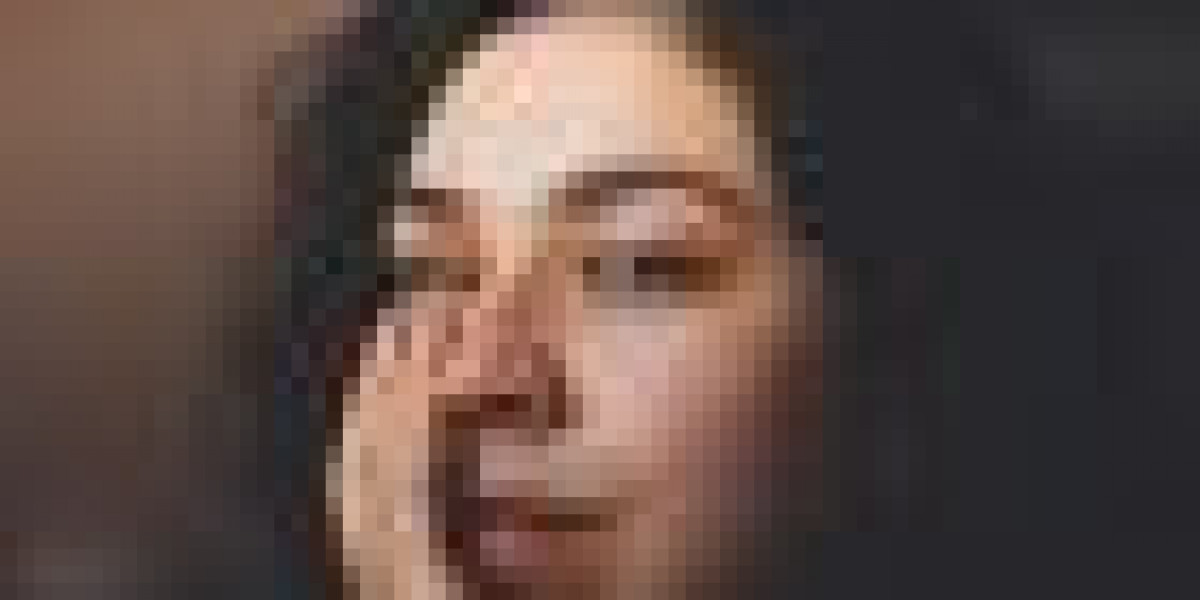Autism Spectrum Disorder (ASD) is a complicated neurodevelopmental disorder that influences an individual's communication, interaction, and the way they perceive the world. One of the most dependable and persistent findings in autism research is the presence of a significant genetic component, despite the fact that the origins of autism are still complicated.
With the rise of genetic testing, family studies, and advances in neuroscience, researchers are gaining deeper insight into how hereditary factors influence the development of autism. In this blog, we’ll explore what science says about autism’s genetic roots, how it affects families, and what this means for autism therapy and autism treatment today.
Is Autism Hereditary?
Autism is indeed strongly genetic. Many studies in the last two decades have established that ASD is familial. Indeed, if a child is diagnosed with autism, there is a higher probability that a sibling will be on the autism spectrum.
According to a landmark 2019 study published in JAMA Psychiatry, heredity accounts for 80% to 90% of the chance of developing autism. That's one of the strongest influences known—though not the sole factor. Environmental factors, prenatal complications, and certain medical conditions also play a role.
Understanding the Genetics Behind Autism
Autism is not associated with a single gene. Instead, it is caused by a group of genetic variations that disrupt the growth and operation of the brain. These may be
De novo mutations: Spontaneous mutations that are not passed on through parents but that develop at conception.
Inherited gene variants: Passed on through parents, these variants subtly influence neural processing and communication.
Copy number variations (CNVs): DNA segments that are deleted or copied, in some cases associated with developmental disorders such as autism.
No single gene "causes" autism. Rather, a complicated interaction of several genes might make a person more likely to develop ASD. Curiously, the same genetic markers found in individuals with autism are also present in individuals without a diagnosis. This supports the notion that autism is something that occurs on a continuum—and that genetics can shape characteristics such as sensitivity to sensory input, social interaction, and attention even in the absence of a clinical diagnosis.
Family Connections: What Parents Need to Know
If you’re a parent of a child with autism, it’s natural to wonder, “Will my other children be autistic, too?”
Research shows that
Siblings of children with autism have a 10% to 20% increased risk of also being diagnosed, compared to 1% to 2% in the general population.
Identical twins are more likely to both have autism (up to 80%) than fraternal twins (around 30%).
Family members and siblings of autistic individuals can also display milder autistic features, often termed the "broad autism phenotype."
This doesn't necessarily imply that all children in a family with an affected member will be diagnosed—but it does highlight the importance of early screening and vigilance, particularly where there is a recognised family history.
How Genetic Research Is Shaping Autism Treatment
Learning the genetics of autism is challenging enough—it's also informing or shaping more individualised strategies for autism therapy and autism treatment.
1. Individualized Medicine
Doctors can predict a child's potential response to specific treatments by using genetic data. For instance, some gene mutations have been associated with sensory processing variations, determining whether a child reacts more positively to or requires more sensory integration treatment or speech-language therapy.
2. Individualized Therapies
Though no medication can "cure" autism, certain medications are used to treat co-occurring conditions such as anxiety, ADHD, or epilepsy. Having knowledge of the genetic basis will allow physicians to prescribe more efficacious medication with fewer side effects.
3. Future Advances
Gene-based therapies are also under investigation, specifically for the treatment of rare genetic syndromes that include autism, such as Fragile X or Rett syndrome. Despite being in their infancy, they suggest that precision medicine holds promise for the treatment of autism.
What This Means for Families
For families going through an autism diagnosis, genetic information can be both empowering and comforting. It invalidates myths and encourages a more impartial and scientific view of the illness.
Here's what families can do:
If there is a significant family history of ASD or other related disorders, consider genetic counselling.
Screen siblings at an early age for signs of developmental delay or differences in social communication.
Emphasise support, not blame—genetics are part of the puzzle, not a predictor of potential or ability.
The Role of Autism Therapy and Support
Irrespective of genetic origin, early and regular autism therapy is still the best means of enabling individuals on the spectrum to achieve their full potential.
Typical therapies include
Applied Behavior Analysis (ABA)
Occupational Therapy
Speech and Language Therapy
Social Skills Training
Sensory Integration Therapy
Every child's therapy strategy needs to be customised to meet their particular needs, objectives, and strengths. And with continuous research, autism intervention is constantly improving—becoming more inclusive, evidence-based, and neurodiversity-affirming.
Conclusion
The genetic connection to autism cannot be denied, but it is only one component of a much bigger picture. Being able to understand hereditary elements can enhance diagnosis, inform individualised treatments, and create more compassion and understanding within families and communities.
As science advances, so does our capacity to offer smarter, more individualised care. Whether through genetic counselling, personalised autism therapy, or family education, knowledge remains one of our most powerful tools in supporting autistic individuals to thrive.










